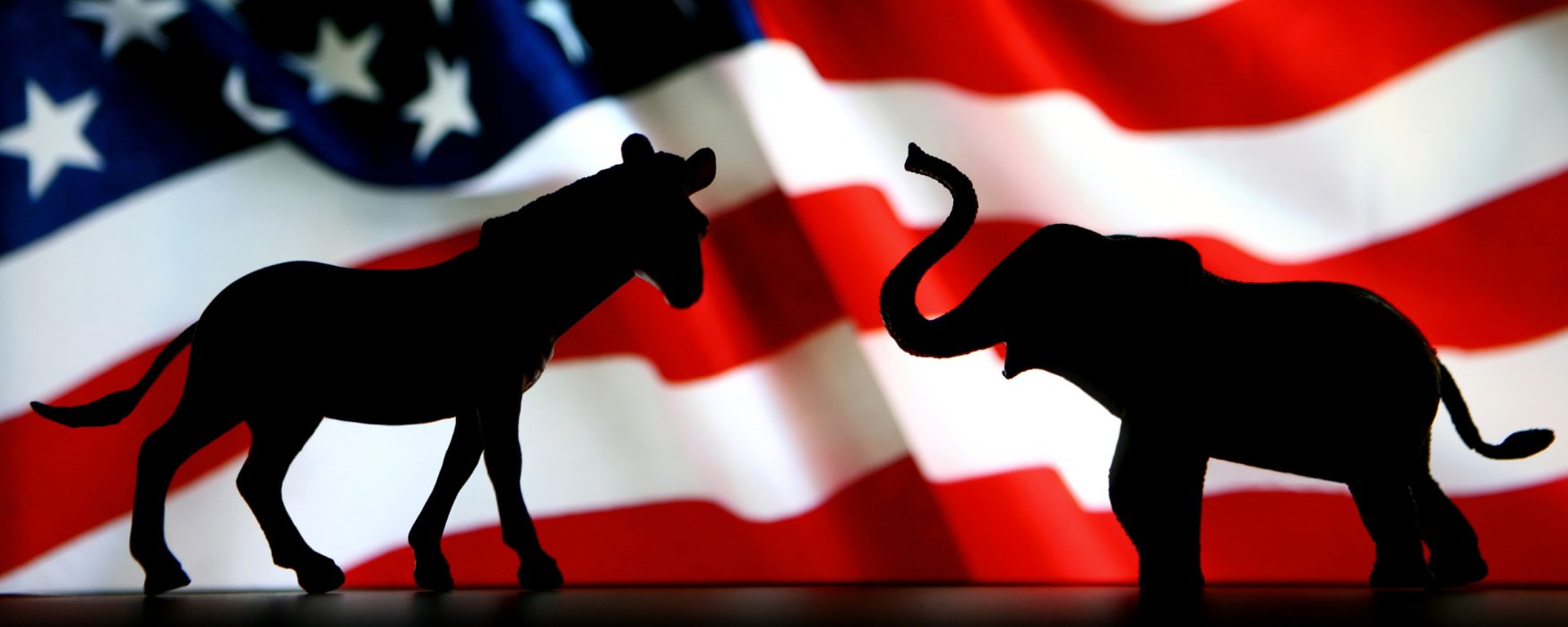
MI Elected Governor Of Same Party As Sitting President 4 Times In Last 22 Mid-Terms
October 11, 2022
Article courtesy MIRS News, for SBAM’s Lansing Watchdog e-newsletter
In the last 22 Michigan elections for governor, the winning candidate was the same party as the sitting president only four times, the last being John Engler’s surprise win over then-Gov. Jim Blanchard in 1990 when George H.W. Bush was president.
When was the last time a Democratic gubernatorial candidate in Michigan won the same year a Democratic president was in office?
Well, back in 1960 — when Michigan elected its governors every two years — John F. Kennedy was elected president the same year as John Swainson was elected governor. But in 1960, Republican Dwight D. Eisenhower was the president and both Democrats won first terms as part of a change election.
So, the real answer is 1950, more than 70 years ago, when G. Mennen “Soapy” Williams won his first term over Republican Harry Kelly by a scant 1,154 votes. At that time, Democratic President Harry Truman was in the White House.
“Even when there is an exception, you can tell because the race is very close,” said Matt Grossmann, director of Michigan State University’s Institute for Public Policy and Social Research. Grossmann actually was referring to Engler’s 1990 gubernatorial win, a close race in which Engler won with 49.76% of the vote.
The reason for the trend is because these mid-term elections end up being a “referendum on the president,” said David Dulio, an Oakland University political science professor.
“But they’re not on the ballot, and voters don’t have a way to take out their frustration on them,” he said. “But they can on other people on the ballot.”
Political pundit and The Ballenger Report Editor Bill Ballenger said the outcomes are partly due to chance.
But it’s also a result of the Michigan constitution, which is set up to hold gubernatorial elections in non-presidential election years.
“The out party, the party not in the White House, generally does pretty well in non-presidential year elections because there is very often dissatisfaction with the incumbent president,” Ballenger said. “Public opinion is not favorable. That’s the case with Joe Biden now and it was the case in 2018 with Donald Trump.”
A recent Trafalgar Group survey found Republican gubernatorial candidate Tudor Dixon only down six percentage points despite other pollsters having the margin at 13 points. Trafalgar’s secret sauce tends to overcount Trump Republicans, who either intentionally deceive pollsters or don’t respond to pollsters at all.
It’s this dynamic that gives Republicans hope that despite their ticket being massively underfunded, a mostly hidden groundswell of support can help them eke out an election night surprise.
“The party that holds the Executive branch federally in the midterm elections has a rough go at it,” Rep. Bryan Posthumus (R-Cannon Twp.) said on the MIRS Monday podcast in reference to potential outcomes of Michigan’s gubernatorial race.
Posthumus, who is vying for the Republican Caucus floor leader position, talked about historical trends he said could impact the race between Dixon and Democratic Gov. Gretchen Whitmer at a time when the incumbent has a large cash advantage.
And his theory holds true, at least over the past 70 years.
Since 1950, only four midterm elections saw Michigan’s governor elect coming from the same party as the sitting president.
The other 18 gubernatorial elects were from opposing political parties as the president.
During Republican Dwight D. Eisenhower’s presidency in 1952 through 1958, Williams was elected four times before Swainson’s lone victory in 1960.
Swainson was followed by Republican Governor George Romney in 1962, who served during both Kennedy’s presidency and Democrat Lyndon B. Johnson’s.
The next instance of political party match-up came in 1970. Former Republican President Richard Nixon was in office when Gov. William Milliken was elected, also a Republican. Milliken received a 77.76% majority.
Milliken was elected again in 1974 during Nixon’s presidency with a 51.07% majority.
Though he served a third term starting in 1978, Democrat Jimmy Carter was president at that time.
After Engler’s victory in 1990, he won twice more when former Democratic President Bill Clinton was in office.
Since 1990, each party with Executive power has been offset by Michigan’s gubernatorial election, including former Gov. Jennifer Granholm in 2002 with a 52% majority and again in 2006 with 56%, both during George W. Bush’s presidency.
During Barack Obama’s presidency in 2010 and again in 2014, former Gov. Rick Snyder was elected. He received 58% majority in 2010 and 51% in 2014.
More recently, Gov. Whitmer was elected in 2018 with a 53.34% majority during Trump’s time in office.